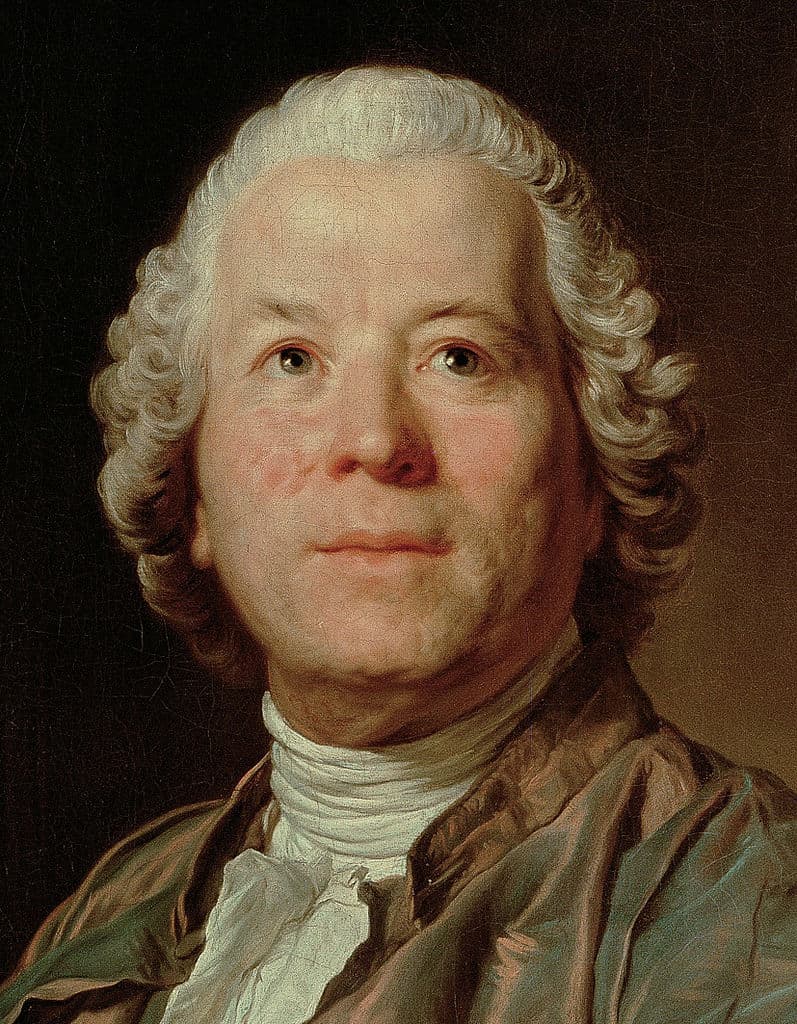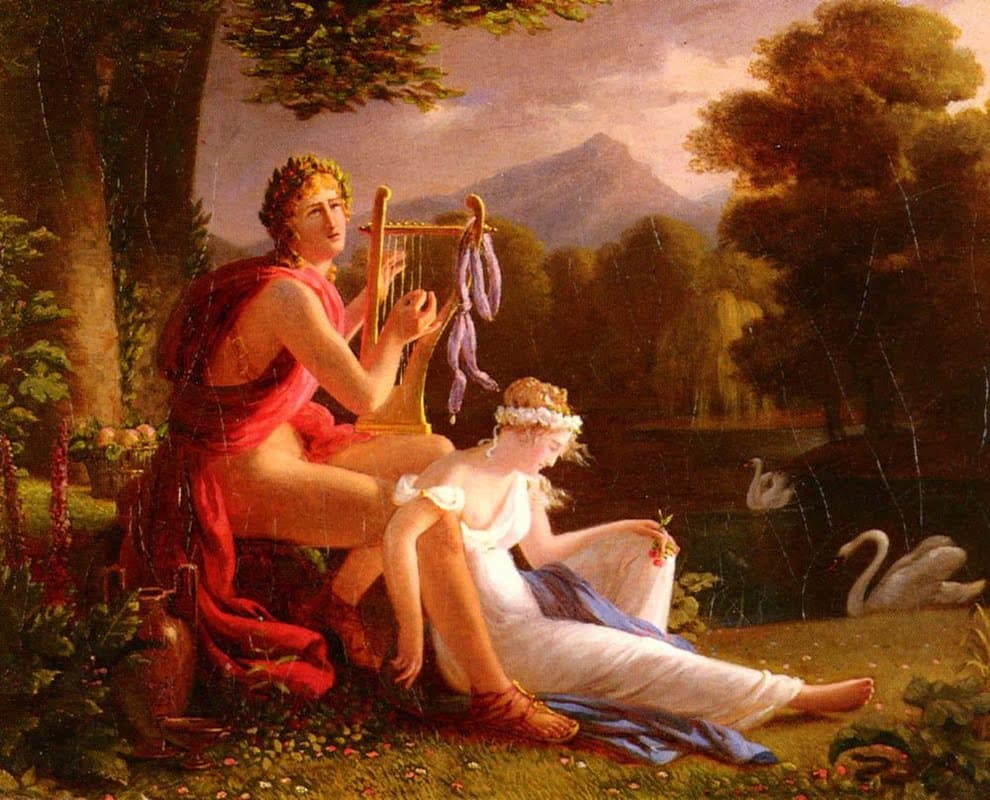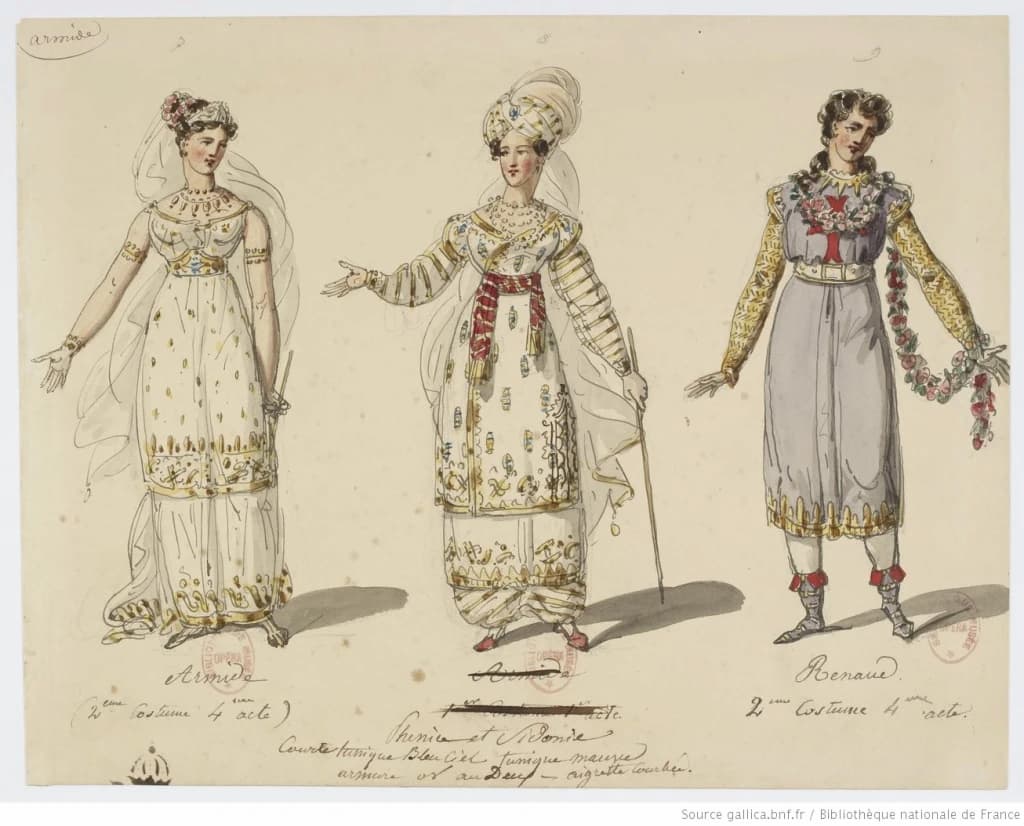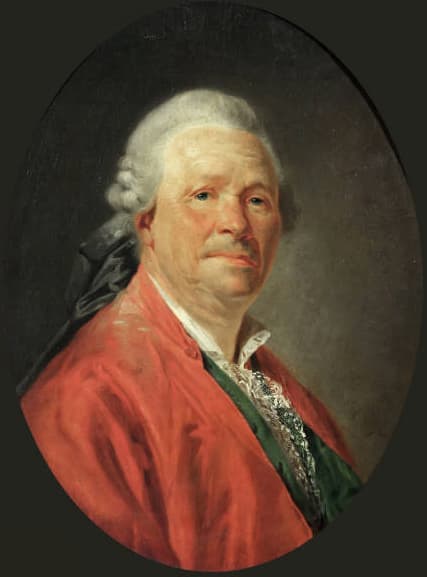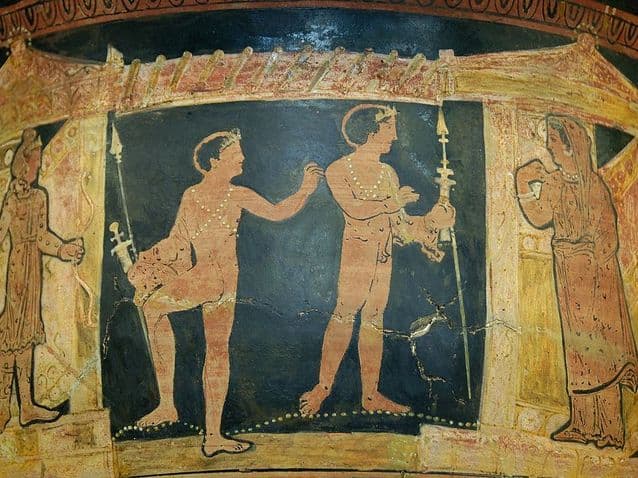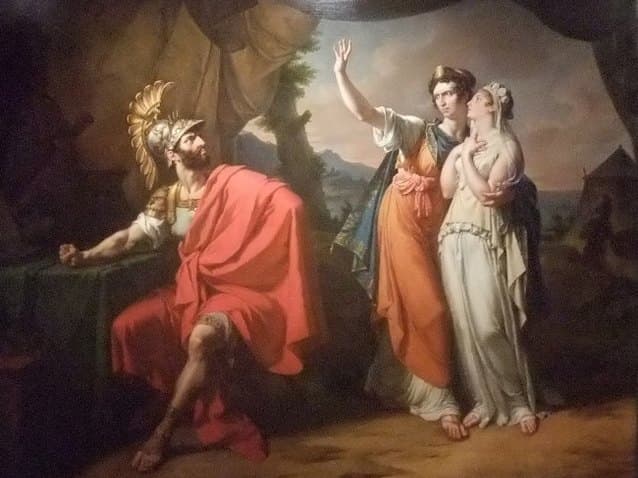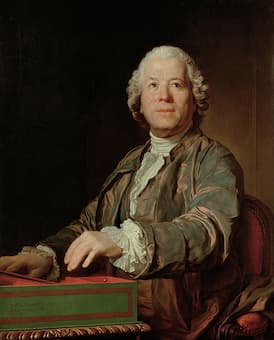“I endeavoured to reduce music to its proper function,” wrote Christoph Willibald Gluck, “that of seconding poetry by enforcing the expression of the sentiment, and the interest of the situations, without interrupting the action or weakening it by superfluous ornament.”
Gluck
The Greek legend of Orpheus—his descent to Hades and his fruitless attempt to bring his dead bride, Eurydice, back to the world of the living—is central to the emergence of opera. Orpheus was not only the legendary hero of Greek
In 1575, Torquato Tasso wrote his epic poem Gerusalemme liberate (Jerusalem Delivered). Set during the first crusade, the sorceress Armida ensnares the Christian knight Rinaldo and holds him captive on an island. When she raises her dagger to kill him,
Christoph Willibald Gluck was born on 2 July 1714 in Erasbach, near Berching, in Upper Palatinate. His father Alexander “was an enterprising and energetic man, who was in charge of the forestry and the toll of several wealthy monasteries.” Alexander
Iphigénie en Tauride has always been one of Willibald Gluck’s most frequently performed operas. It was the sixth of his seven operas for Paris, and premiered on 18 May 1779 by the Paris Opéra at the second Salle du Palais-Royal.
Christoph Willibald Gluck (1714-1787), working at the Habsburg court in Vienna and at the Parisian stage, completely reformed operatic traditions. At a time when virtuoso singers dominated the operatic stage, Gluck set out to return opera to its origins by
When Christoph Willibald Gluck (1714-1787) set out to reform opera, he knowingly provided the spark for a full-out culture war. Gluck believed that the principal Italian operatic genres—opera buffa and opera seria—had become unnatural. Characters seemed nothing more than empty

